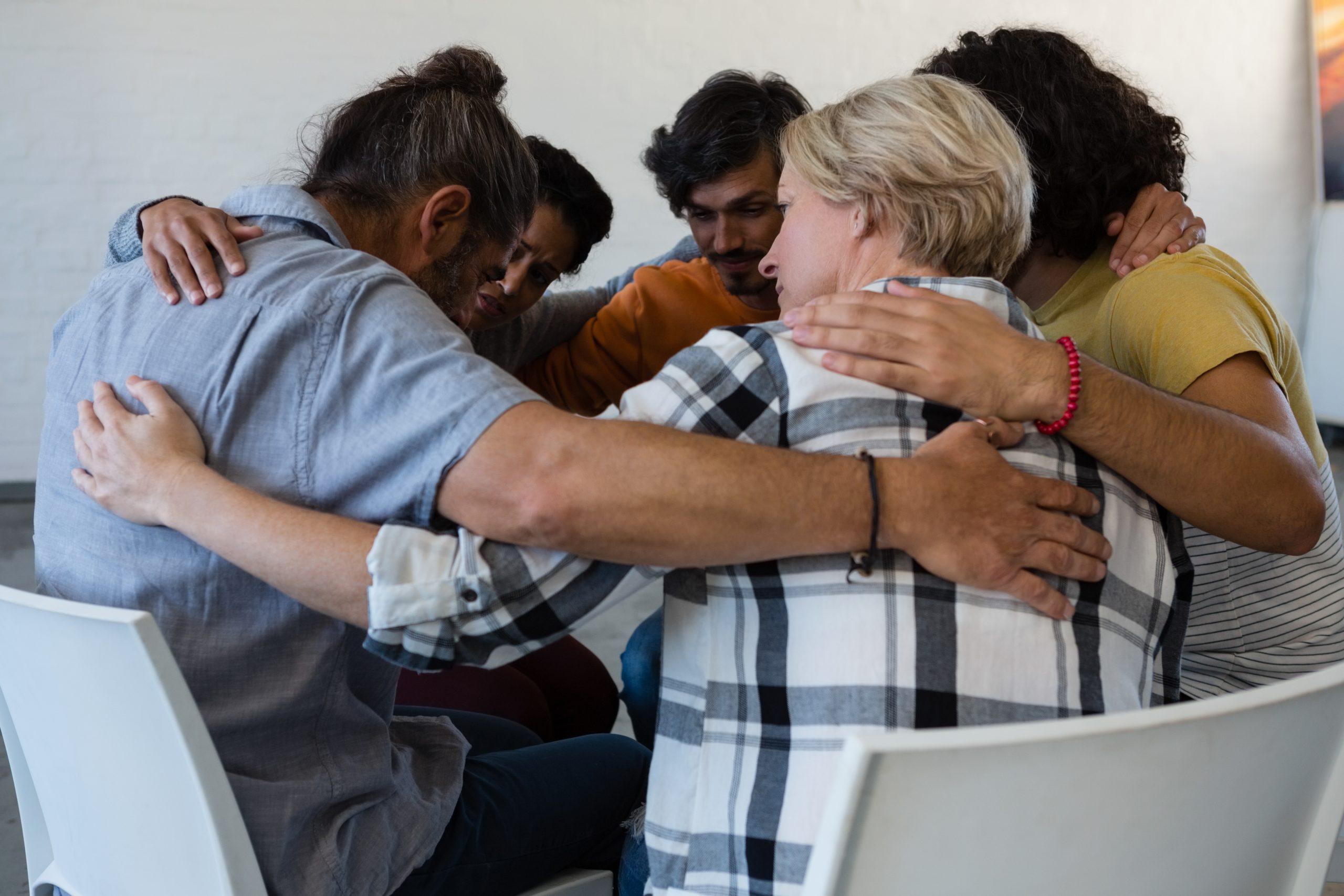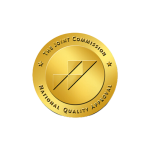What You'll Learn:
- Personal journey of finding forgiveness in recovery.
- Process of achieving self-forgiveness in recovery.
- Guidance on how to forgive a recovering alcoholic.
- Understanding why forgiveness is important in recovery.
- Significance of International Forgiveness Day.
Recovery from addiction is a deeply personal journey, one that demands a great deal of introspection, strength, and, perhaps most crucially, forgiveness. This is my story of how I found forgiveness in recovery and how it transformed my life.
The Burden of Guilt
When I first started my recovery journey, I was overwhelmed by guilt and shame. The actions I had taken while under the influence of alcohol haunted me. I had hurt my loved ones, neglected responsibilities, and lost touch with my true self. The weight of these feelings was almost unbearable, and I knew that to move forward, I had to find a way to forgive myself. This is where the concept of forgiveness in recovery became a beacon of hope.
The Importance of Forgiveness
Understanding why forgiveness is important in recovery was a pivotal moment for me. Forgiveness, I learned, is not about excusing my past behavior but about freeing myself from the chains of guilt and shame. It is about acknowledging my mistakes, making amends, and allowing myself the grace to grow and change. Forgiveness in addiction recovery is essential because it helps break the cycle of self-destructive behavior and paves the way for healing and growth.
Self-Forgiveness in Recovery
The journey to self-forgiveness in recovery was not easy. It required me to confront my past honestly and openly. I had to accept that while I couldn’t change my past actions, I could take responsibility for them and strive to do better in the future. This process was both painful and liberating.
One of the most challenging aspects was learning to forgive myself. Self-forgiveness in addiction recovery involves recognizing that I am human, capable of making mistakes, and deserving of compassion. I started by listing all the things I felt guilty about and then actively worked on forgiving myself for each one. This was a gradual process, but with each act of forgiveness, I felt lighter and more at peace.
Forgiving Others and Seeking Forgiveness
As part of my recovery, I also needed to learn how to forgive a recovering alcoholic. I realized that just as I needed to forgive myself, I also had to forgive others who had hurt me. Holding onto resentment was only hindering my progress. Forgiving others did not mean condoning their actions but rather releasing the hold that their actions had over me.
Simultaneously, I sought forgiveness from those I had wronged. This was a humbling experience, but it was necessary for my healing. I approached my loved ones, admitted my mistakes, and asked for their forgiveness. Not everyone was ready to forgive me immediately, and I had to accept that. The important thing was that I took responsibility and made sincere efforts to make amends.
The Role of International Forgiveness Day
Discovering International Forgiveness Day was a turning point in my recovery. This day, dedicated to the practice of forgiveness, provided a structured opportunity for reflection and growth. It reminded me that forgiveness is a universal challenge and that many people around the world are also striving to let go of past hurts. Celebrating this day became a ritual for me, a time to renew my commitment to forgiveness and self-compassion.
The Transformation
Through this journey, I learned that forgiveness is a powerful tool for healing. It allowed me to let go of the past and focus on building a better future. Forgiving myself and others was not a one-time event but an ongoing practice that continues to shape my recovery. It has made me more empathetic, compassionate, and resilient.
Forgiveness in recovery has not only helped me heal but also strengthened my relationships. My loved ones have seen my efforts and commitment to change, and many of them have forgiven me. Our bonds are now stronger and more honest.
Finding forgiveness in recovery has been a life-changing experience for me. It has taught me that while I cannot change my past, I can shape my future. If you are on this journey, I encourage you to embrace forgiveness, for yourself and others, and watch as it transforms your life.
If you or someone you know is struggling with addiction, remember that forgiveness is a crucial part of the recovery process. It’s not easy, but it is possible and incredibly rewarding. At American Recovery, we provide the support and resources needed to help you find forgiveness and healing. Contact us today at 866-484-2502 to learn more about our programs and how we can support you on your recovery journey. Together, we can build a path to a healthier, happier future.


